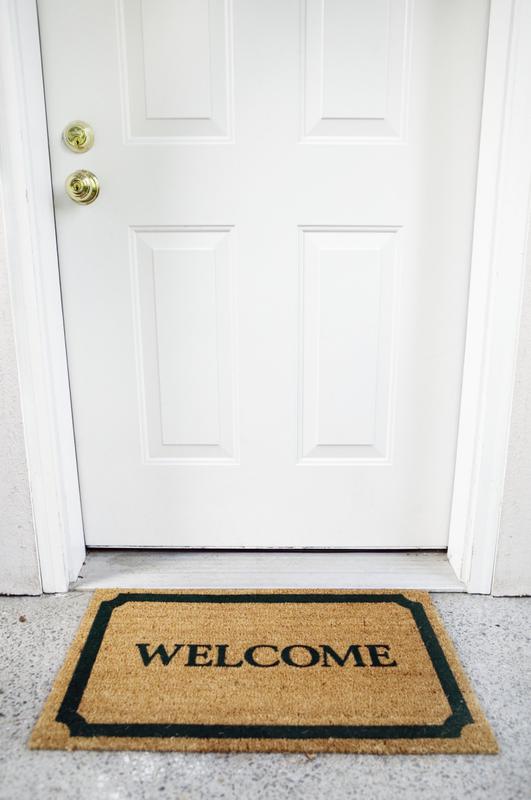All information on this page is intended for advertising and personal use purposes only and is not intended for therapeutic or legal reasons. All information herein is the property of Julienne B. Derichs, MS, LCPC. Julienne B. Derichs accepts no liability for the content of this site or damages that may result from use, reference to, reliance on, or decisions resulting from its use. Use of this site determines your agreement to this disclaimer. Copyright 2015.
The foundation of couples counseling is set on elevating your communication skills. You may have already felt times when the tension and negativity in your relationship can be softened with non-defensive communication. But how to do that consistently is often uncertain. You want to be heard and understood by your partner, and vice versa. Letting go of defensive communication is the key...yet hard to do on your own. Counseling can help you begin to sort out how to overcome the problems and issues in your relationship starting with improvements in communication.
Questions To Ask When You Call The First Time
Many counselors have a general practice and work with couples on the side. While some may have training in working with couples, others may have limited experience and/or training in couples counseling or marriage help.
Here are some questions you can ask over the phone or in person:
- How much of your practice is devoted to couples?
- What experience and training do you have in working with couples in distress?
- Why do you like to work with couples?
- What happens during the first counseling session?
Like any other professionals, some are better than others. The answers to these questions will give you some clues as to whether or not this counselor knows something about helping couples.
What Happens in a Couples Counseling Session?
During the first few sessions, I will gather information about your relationship, begin to evaluate your situation, and work with you to develop a plan get the relationship help you need.
My primary goal in the beginning counseling sessions is to get to know you as a couple, guide the session so that it feels safe to talk, identify the strengths and weaknesses of the relationship, explain what makes a successful relationship, and suggest some specific techniques you can use to improve your relationship right away.
Couples Counseling
Getting Started
Trust in yourself. While you may not know after the first session if counseling will help your relationship, you should be able to have a sense if the skills of the counselor meets your needs after just a few sessions.
Ask yourself the following questions:
- Does the session have some kind of structure? A qualified marriage therapist generally has particular things they hope to accomplish in the first session.
- Is the therapist active during the session? A couples therapist will interact with you, ask a number of questions, and gently guide the process rather than remaining passive throughout. For marriage help it important for the counselor to be active and directive.
- Does the counselor make recommendations for changes or give you some ideas for things you can do differently? Trained couples therapists are familiar with research on relationship help, and will make suggestions for things you can try in the session and at home.
- Is the couples counselor on the side of the relationship (as opposed to on your side or your partner's side)? While a marriage therapist may sometimes spend time focusing on one partner or the other, their primary goal is to help the relationship.
The answers to these questions will give you some clues as to whether or not you are in the hands of a good counselor very early on in the process.
Northshore
Couples Counseling Today
...Courage, Compassion, Connection
Julienne Derichs LCPC
Couples Therapy and Marriage Counseling Serving
Highland Park, Lake Forest, Deerfield, Lincolnshire, Illinois
773-562-3074
Julienne B. Derichs LCPC
773-562-3074 Office in Highwood, IL 60040 CouplesCounselingToday@gmail.com
(between Lake Forest and Highland Park, IL)
Complete Privacy
Flexible Schedule
Short Wait Times
Online Counseling
Home-based Sessions
SCHEDULE A FREE CONSULT
All session are currently offered via online video conferencing called teletherapy, so if you have a telephone or a computer and an Internet connection, teletherapy may be an option for you.
All session are currently offered via online video conferencing called teletherapy, so if you have a telephone or a computer and an Internet connection, teletherapy may be an option for you.
Here are some guidelines to help you get started.

